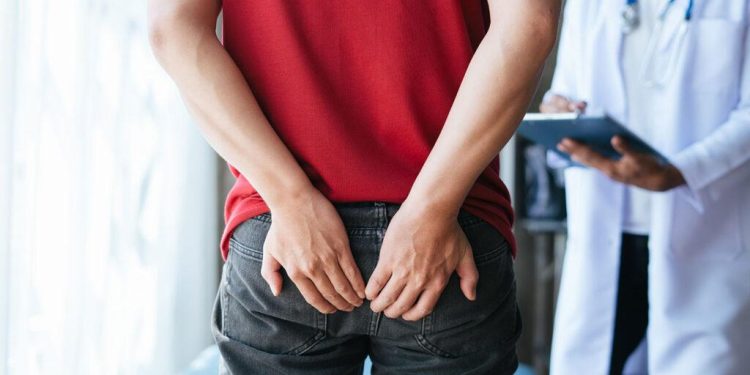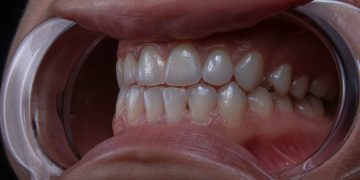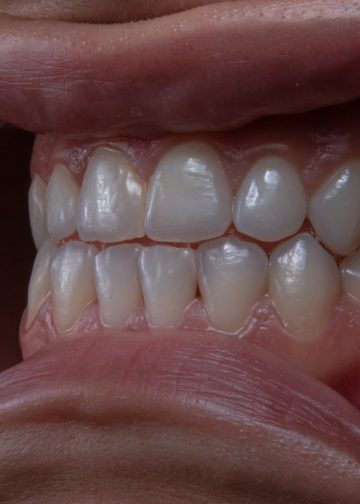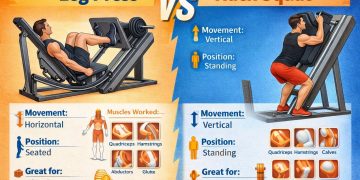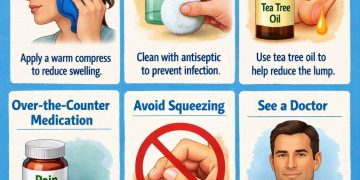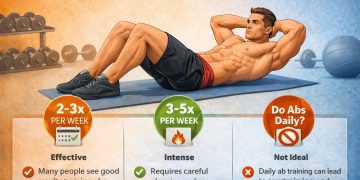Hemorrhoids are a common but uncomfortable condition that can cause a lot of distress. Whether you’re experiencing them for the first time or have dealt with them in the past, understanding the causes and prevention methods is key to managing this condition effectively. In this article, we’ll explore what causes hemorrhoids, how you can avoid them, and practical tips for maintaining your health.
Understanding Hemorrhoids
Hemorrhoids are swollen blood vessels in the lower rectum or anus. They can result from increased pressure in this area, often due to prolonged sitting, straining, or other lifestyle factors. There are two main types of hemorrhoids: internal and external. Internal hemorrhoids develop inside the rectum and often cause minimal discomfort, while external hemorrhoids occur around the anus and can be more painful.
Prolapsed Hemorrhoids, a specific type of internal hemorrhoid, occurs when the internal hemorrhoid bulges out of the anus. This can happen during straining and may lead to bleeding or itching. It's important to recognize the early signs of hemorrhoids, such as discomfort during bowel movements, to seek treatment before they worsen.
Common Causes of Hemorrhoids
The primary cause of hemorrhoids is increased pressure on the veins in the rectal area. Several factors contribute to this pressure, and knowing them can help you avoid future issues.
- Chronic Constipation and Straining:The most common cause of hemorrhoids is straining during bowel movements. Constipation forces individuals to push harder, which can lead to the development of hemorrhoids. Over time, frequent straining weakens the veins, making them more prone to swelling.
- Sitting for Long Periods:Sitting for extended periods, especially on the toilet, can contribute to hemorrhoids. The pressure on the rectum increases as you sit, which can cause veins to swell. Avoid sitting for long stretches, and if you must sit for work, get up and move around every hour to reduce pressure.
- Obesity and Lack of Exercise:Carrying excess weight can put additional pressure on the lower body, contributing to hemorrhoids. A sedentary lifestyle can further exacerbate this issue. Regular physical activity not only helps with weight management but also promotes healthy digestion, reducing the risk of constipation and hemorrhoid development.
- Pregnancy:Pregnant women are at a higher risk of developing hemorrhoids due to hormonal changes and the increased pressure from the growing uterus on the rectal veins. This pressure can worsen during labor and delivery, making it important to take preventive steps during pregnancy.
How to Prevent Hemorrhoids
Preventing hemorrhoids is often a matter of lifestyle adjustments. While it’s not always possible to avoid them entirely, following these tips can significantly reduce your risk of developing hemorrhoids.
- Maintain a Healthy Diet:Eating a fiber-rich diet helps prevent constipation by softening stools and promoting regular bowel movements. Foods like fruits, vegetables, whole grains, and legumes can keep things moving smoothly. Drinking plenty of water also ensures that your stool remains soft, reducing the need to strain.
- Avoid Prolonged Sitting:Long periods of sitting can increase pressure on the rectal veins, so it’s important to take breaks and avoid staying seated for too long. If you're working at a desk, stand up, stretch, or take short walks throughout the day to reduce this risk.
- Practice Good Bathroom Habits:When nature calls, don’t delay or strain. Pay attention to your body’s signals and avoid sitting on the toilet for extended periods. Use the restroom only when you need to, and don’t force bowel movements. Straining is a major contributor to hemorrhoid development, so don’t rush the process.
- Exercise Regularly:Physical activity can help prevent constipation and improve circulation. Aim for at least 30 minutes of moderate exercise a day, whether it’s walking, cycling, or yoga. Not only does exercise help with digestion, but it also supports overall vein health.
- Manage Weight:Maintaining a healthy weight is crucial for hemorrhoid prevention. Excess weight puts pressure on the pelvic region, which can lead to hemorrhoids. Combining a balanced diet with regular exercise can help you achieve and maintain a healthy weight.
Treatment Options for Hemorrhoids
In some cases, hemorrhoids can still occur despite taking preventive measures. Fortunately, there are several treatment options available to ease the discomfort and promote healing.
- Over-the-Counter Creams and Ointments:For mild hemorrhoid pain and discomfort, over-the-counter creams and ointments can provide temporary relief. These products often contain hydrocortisone or witch hazel to reduce swelling and itching.
- Warm Sitz Baths:Sitting in a warm bath several times a day can help soothe irritated hemorrhoids. This simple remedy can reduce inflammation and provide relief from itching and pain.
- Medical Procedures:In severe cases, especially if hemorrhoids cause bleeding or prolapse, medical procedures may be necessary. These can range from rubber band ligation (to cut off blood supply to the hemorrhoid) to surgical removal.
What They Don’t Tell You About Hemorrhoid Products
In today’s world, you may have seen influencers promoting hemorrhoid creams and treatments on social media. However, it’s important to approach these products with caution. Many influencers recommend treatments without sufficient scientific evidence or medical approval. It's always best to consult with a healthcare professional before trying any new treatments, especially when it comes to hemorrhoids. What works for one person may not work for another, and in some cases, it could make the condition worse.
Conclusion
Hemorrhoids are a common but manageable condition. By understanding their causes, such as chronic constipation, prolonged sitting, and obesity, and following preventive measures like a healthy diet and regular exercise, you can greatly reduce your risk of developing them. If hemorrhoids do occur, various treatment options can provide relief. It’s important to listen to your body, avoid unnecessary strain, and seek medical advice when necessary. By taking these steps, you can manage your health and enjoy a comfortable, active lifestyle.


